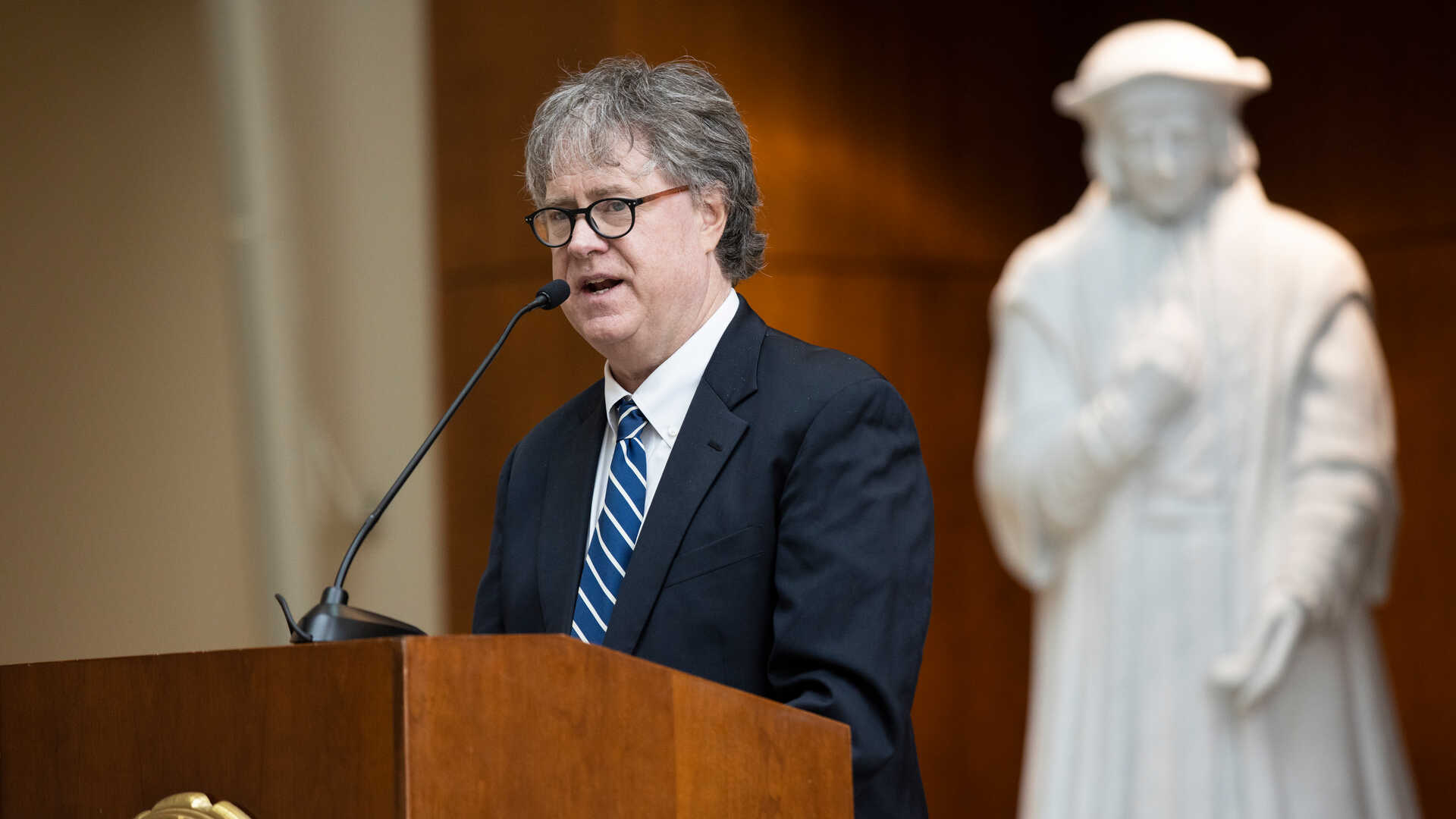Mark Osler, professor at the University of St. Thomas School of Law, recently published an article in The Atlantic about petitions for clemency and how Minnesota reformed its system for granting mercy to those in prison.

From the story:
The governor, attorney general, and chief justice of the state supreme court sat atop a wide dais at the front of the Minnesota Senate hearing room on a warm day in June of 2019. One by one, petitioners for clemency – almost always without a lawyer – came to the podium and made their pitch for a pardon, which would erase many effects of their criminal convictions. One man with a long-ago, minor drug offense told the three officials, who comprise the Board of Pardons, about his 16 years of sobriety and desire to hunt with his son. An immigrant from Laos was supported by his wife, who had been the victim of his crime. Another man sought a pardon so he could adopt a stray dog. When each petitioner finished, the board discussed the case and voted as the petitioner listened intently.
It was the rawest, most transparent, and utterly thrilling legal process I had ever witnessed. It was also, on that day, frustratingly unproductive. A unanimous vote was required to receive clemency, and that did not happen in most of the cases, including some that seemed to me meritorious. Only five out of the 16 Minnesotans presenting a case got a pardon.







